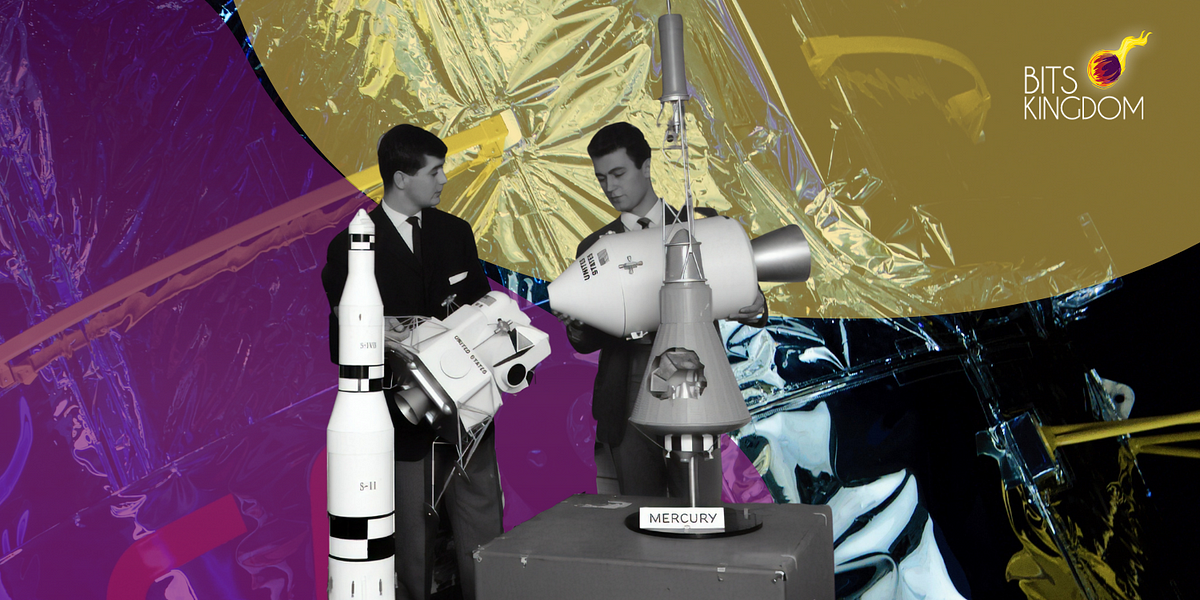As you know, the culture of experimentation requires a sense of adventure.
But many people are resistant to change and, therefore, to experiment.
These are some of the phrases we have heard from people who are not into experimentation. Have you ever heard them?
“Experimenting is not safe”
Of course it isn’t! It’s proof of something we didn’t do before.
“It’s just another waste of time”
If the test fails, you’ll think you’ve wasted your time. But if it “comes out right,” then you’ll say that experimentation is a great thing. It’s not very rational, is it? Take your judgment mind off it: when it comes to trying new things, there is no time wasted.
“We already know what the result will be”
You won’t believe it, but it’s your own brain that talks like that. The lazy one saves energy by making faster connections with the data that confirms what it already knows. But it is one thing to want to discover the truth and quite another to want to be right.

On the other hand, just as some people are reluctant to draw real insights from the experimentation, others are super enthusiastic about this culture.
Let’s see what phrases you will hear them say.
“Failures will happen”
It is not worth denying it. As much as it chills our backs just thinking about it, the error will happen. Let’s accept it. Tomorrow, in six months, in a year, something will fail and then… 💥
“What’s the worst that can happen?”
This question helps to dimension the risk. Imagining the consequences in their fullest expression helps prepare for the worst-case scenario. And when it is expressed out loud, it has less power!
“I am not the mistake itself.”
It may sound rather yogic, but it helps. The more self-demanding a person is, the harder it is to see a mistake. Help them detach themselves from the situation and understand that the error does not define it; it is just one act among many others (probably, it has more successes than mistakes).
What we believe will help you become a prominent experimenter
Talk about your mistakes.
Failure gets bad press, but nothing teaches like a good screw-up. To be friends with the error, you have to talk about it, verbalize it, accept it, and embrace it. Little by little, you will lose the fear of making a mistake, and your recovery will be faster. With this mentality, failures turn out to be in your favor.
Stop controlling everything.
The moment you think “I have to tell my employees what to do; otherwise, they don’t know what to do,” you are shooting yourself in the foot. If that’s your judgment of the people you work with, you’re likely the one causing that lack of drive or decision. Micromanagement assures you that everything will be done the same way day after day, it’s true, but it limits the decision making ability and creativity of others.
Listen to what the data says.
Difficulties in experimenting are more related to personal beliefs than to the technical capacity to test or innovate. Prejudices, assumptions, and even instinct block us at the moment of detecting new information (yes, again, your lazy brain and its mania to confirm what you already know). For this, nothing like “data-driven”: let the results speak (and open your ears).
Make room for the curious.
To encourage an experiment oriented mentality, people with a curious spirit must try things (even if you are afraid, even if you think it is a waste of time or money). The experiment may be a complete failure, or worse, it may not show any clear clues to follow. But you will have someone else motivated and willing to investigate until the wonder happens!
Sounds easy? Well, yes and no. Here’s how we’ve managed it.🧪



